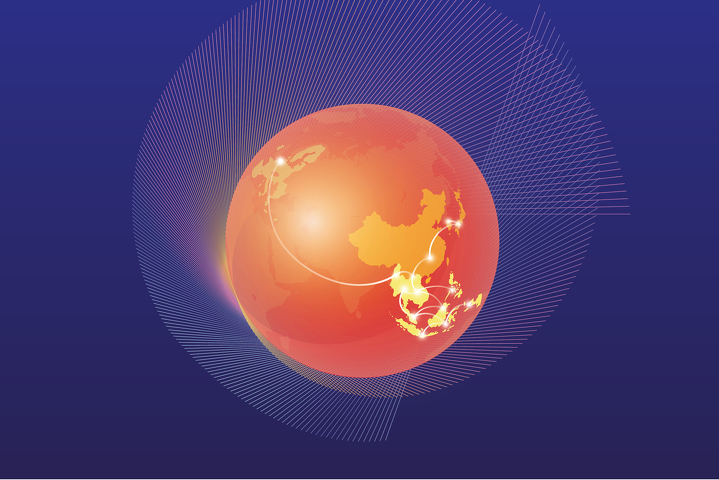The next event of the conference series ‘New Geoeconomic Prospects between Asia and Europe’, titled ‘ASEAN's Role in Global Politics: Perceptions, Strategies, Prospects’ will explore ASEAN's role in global and regional affairs. With a population of approximately 650 million, the ASEAN region plays an increasingly important role in today's international context. Regional actors, such as Japan, China, and South Korea see it as an area of economic competition, in the framework of which Japan contests China’s Belt and Road Initiative with its own investment projects. This geopolitical and geoeconomic competition undoubtedly attracts growing scholarly attention. On the other hand, it is important to highlight the European Union’s prospects and opportunities for developing effective cooperation mechanisms with ASEAN, which has been gaining importance on the global stage.
Welcoming speeches
Dr Balázs Hamar, Head of Brussels Office, Deputy Director, Antall József Knowledge Centre
Axel Goethals, CEO, European Institute for Asian Studies
Panel I. The Economic Dynamics of ASEAN – East Asia Relations
David Camroux, Honorary Senior Research Fellow & Adjunct Professor at Sciences Po, Advisory Board Member of European Institute for Asian Studies,
Noel Clehane, Supervisory Board Member, EU-ASEAN Business Council,
Shofwan Al Banna Choiruzzad, Lecturer, Department of International Relations, Universitas Indonesia
Moderator: Emese Schwarcz, International Relations Manager, Asian and African Relations Department, Antall József Knowledge Centre

